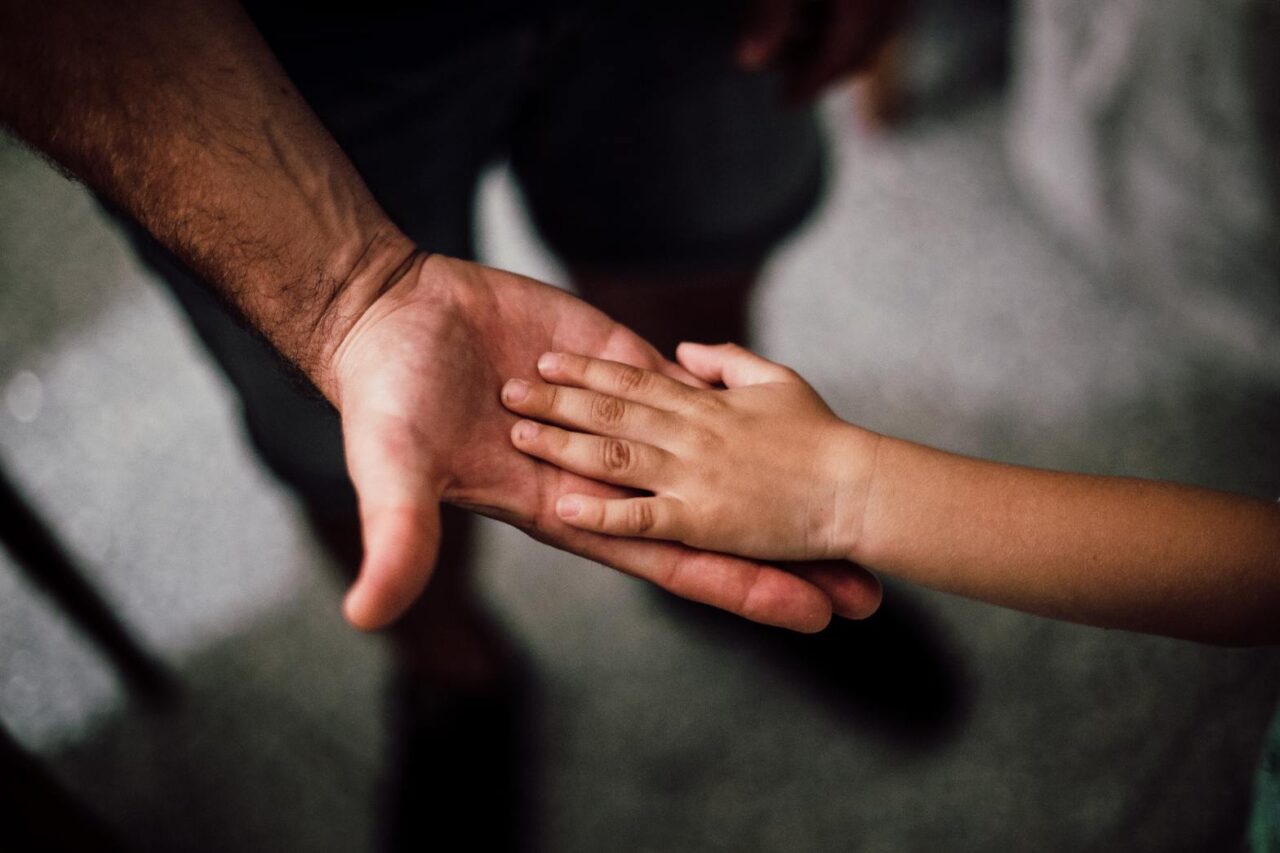The Delhi High Court has ordered the Secretary, Ministry of Women and Child Development, Government of India, to submit a report to it within two months on the manner and mode of establishing a permanent mechanism to deal with both direct and indirect inter-country adoptions under the Hindu Adoptions and Maintenance Act. In order to ensure the welfare of adopted children and to provide a timely mechanism for biological/adoptive parents as well as the child, the Court directed CARA to act as the Authority (CARA) in dealing with inter-country adoptions under HAMA Because there was no procedure under CARA for adoptions under HAMA, the Court stated that a shortened procedure that existed for adoptions completed before the enactment of the JJ Act, 2015 could be followed for the issuance of a NOC in cases of intercountry adoptions that are already recognised under HAMA. Justice Pratibha M Singh’s single-judge bench went on to say that:
“CARA shall carry out corrections in its website and place a report before this Court within eight weeks; c. CARA shall also frame guidelines for the processing of NOCs for inter-country adoptions under HAMA and make available forms for this purpose on the portal.”
The draught criteria and timetables for launching the site shall be included in a progress report within two months, according to the Court. It was also suggested that anytime an inter-country adoption occurs under HAMA and a NOC is necessary for any reason, including the granting of a passport or VISA, a special committee would be created to evaluate the details after an application was made with CARA. The report was also directed to include information about the special committee formed to deal with HAMA adoptions. The Court looked into how the Juvenile Justice (Care and Protection of Children) Act, 2015, and the Hindu Adoption and Maintenance Act, 1956, was interpreted. The Court said,
“An adoption carried out in compliance with the conditions laid down in HAMA would be valid by itself, without recognition by CARA or any state agency.”
It added,
“A conjoint reading of Sections 56 and 60 clearly shows that there is a lacuna or a vacuum in the law. In view of the clear wording of Section 56(3), adoptions under HAMA would not be governed by the JJ Act, 2015. Thus, Section 56(4) would not be applicable for adoptions under HAMA. The term “Nothing in this Act” would take within its ambit Section 56(4) as also Section 60 of the JJ Act, 2015 and exclude their applicability qua adoptions under HAMA. Thus, insofar as adoptions under HAMA are concerned, whether domestic or inter-country, direct or indirect, the JJ Act, 2015 and the Adoption Regulations, 2017 would not be applicable. However, this would not mean that Hindus governed by HAMA cannot adopt under the JJ Act, 2015. Section 56(2) is an enabling provision and thus, even persons governed by HAMA have the option of taking a child in adoption in accordance with the JJ Act, 2015 however, the same is not mandatory or compulsory. There is also some ambiguity as to whether under the JJ Act, 2015, intercountry adoptions between non-relatives is permissible. However, for the present purposes, only adoptions under HAMA are being considered in these petitions.”
Despite the fact that HAMA adoptions are not governed by the JJ Act, 2015, the Court found that there was an obvious need to construct a system to allow intercountry adoptions under the Hague Convention. As a result, the Court ordered CARA to review the documents given by the current petitioners and to award them within one month. At least one week before the next date of hearing, a progress report on each of the writ petitions and the procedure of grant of NOCs must be filed.


